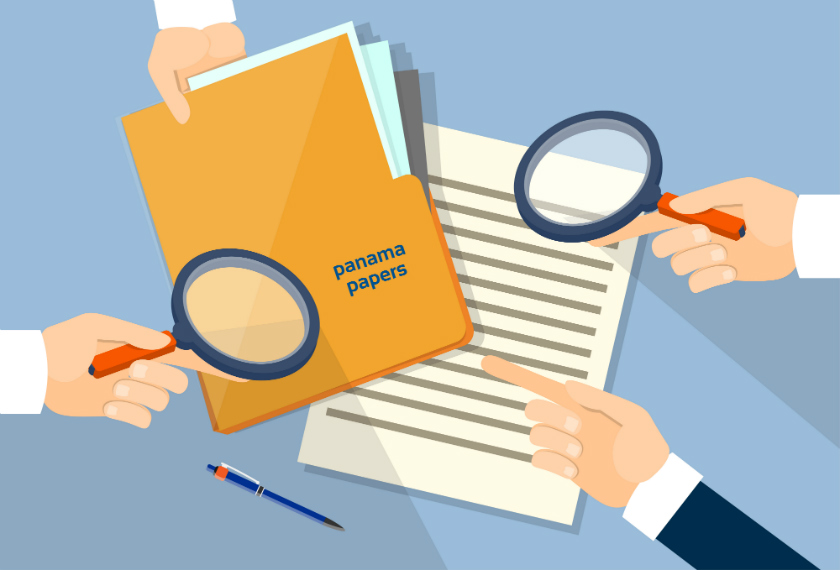Finance Bill 2016: Civil Sanctions for Enablers of Offshore Tax Evasion
Fri 18 Dec 2015
Following earlier scandals, it is not surprising that Finance Bill 2016 introduces new civil penalties for individuals or businesses that deliberately assist taxpayers in evading tax by hiding assets, income and gains offshore. The penalty can be up to 100% of the tax evaded (or £3,000 if higher), although the penalty may be reduced for disclosure of information to HMRC.
For the penalty to apply:
- the tax evaded must be income tax, capital gains tax or inheritance tax;
- the enabler must have known that their actions enabled, or were likely to enable, tax evasion. ‘Actions’ for this purpose are encouraging, assisting or facilitating person to carry out offshore tax evasion; and
- the evader must be liable to a civil penalty for offshore tax evasion (e.g. failure to notify or failure to make a return) or be convicted of an offence in relation to the tax evasion.
In addition, the details of the enabler can be published, so they are named and shamed for their part in the evasion. However, this will only apply where the enabler has incurred at least one penalty for enabling offshore tax evasion and the amount of tax at stake exceeds £25,000, or where the person has incurred five or more penalties for enabling offshore tax evasion in any five year period. However, the enabler will be protected from having their details published where they make full disclosures to HMRC, which result in in the maximum penalty reduction or the penalty being reduced to nil or stayed.


Comments